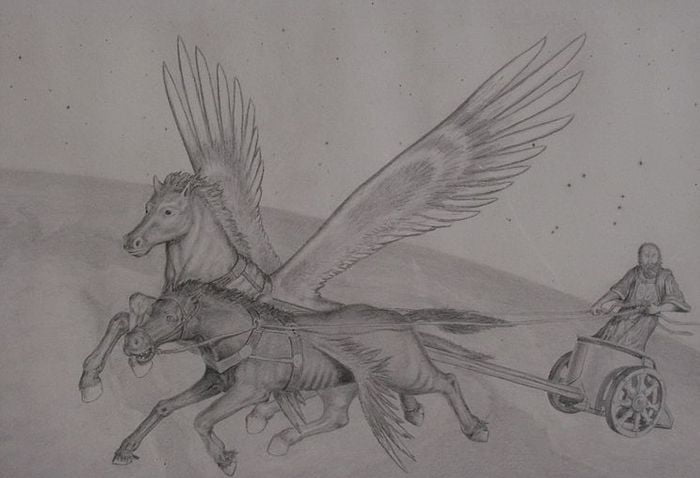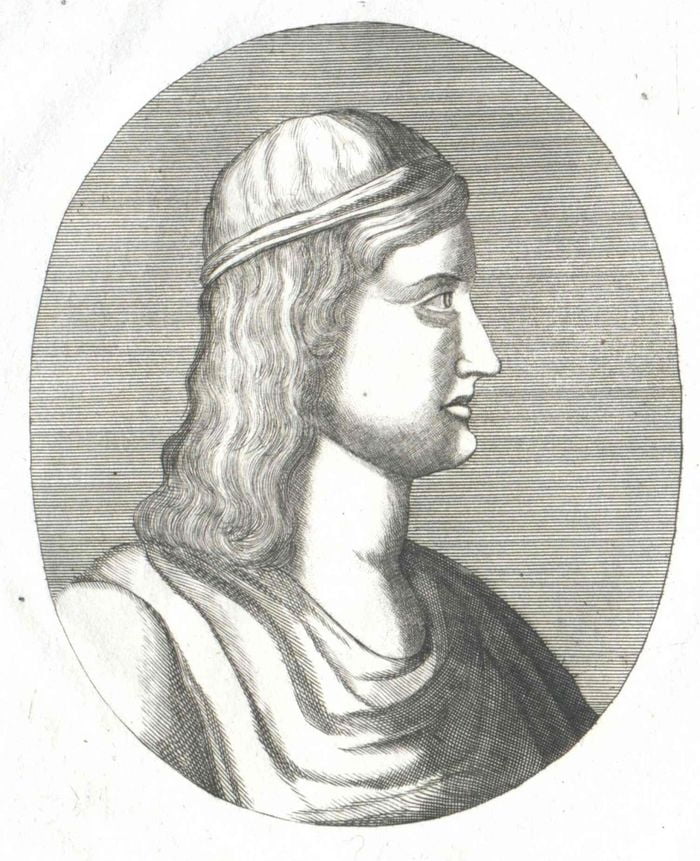Phaedrus (15 B.C.?—55 A.D.?)
It was the chief distinction of this writer to have collected the Fables of Jesop (or whoever it was who wrote Alsop`s works) and rewritten them for the Romans. His collection is the earliest of its kind which has survived. Not all his Fables, however, are based upon Tsop. The Shipwreck of Simonides is either an original composition or was taken from another source. Phaedrus was a Thracian slave, and later a freedman, in the service of the Emperor Augustus. He once declared that the fable was invented as a “device whereby slavery could find a voice,” a definition which throws considerable light on Phaedrus` life, even if it fails to explain the origin of the Fable form.
The present text was first published in the Bohn edition of Phaedrus in 1848.
The Shipwreck of Simonides
A lerned man has always a fund of riches in himself.
Simonides, who wrote such excellent lyric poems, the more easily to support his poverty, began to make a tour of the celebrated cities of Asia, singing the praises of victors for such reward as he might receive. After he had become enriched by this kind of gain, he resolved to return to his native land by sea (for he was born, it is said, in the island of Ceos). Accordingly he embarked in a ship, which a dreadful tempest, together with its own rottenness, caused to founder at sea. Some gathered together their girdles, others their precious effects, which formed the support of their existence. One who was over inquisitive, remarked: “Are you going to save none of your property, Simonides?” He made reply:
“All my possessions are about me.” A few only made their escape by swimming, for the majority, being weighed down by their burdens, perished. Some thieves too made their appearance, and seized what each person had saved, leaving him naked. Clazomence, an ancient city, chanced to be near; to which the shipwrecked persons repaired. Here a person devoted to the pursuits of literature, who had often read the lines of Simonides, and was a very great admirer of him though he had never seen him, knowing from his very language who he was, received him with the greatest pleasure into his house, and furnished him with clothes, money, and attendants. The others meanwhile were carrying about their pictures, begging for victuals. Simonides chanced to meet them; and, as soon as he saw them, remarked: “I told you that all my property was about me; what you have endeavored to save is lost.”
Read More about One Night part 1








